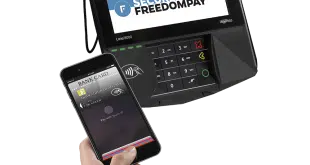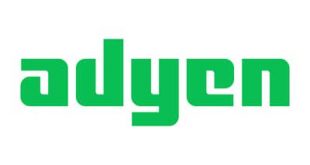By Jim Daly
@DTPaymentNews
If misery loves company, then VeriFone Systems Inc. can make room for its arch-rival, France-based Ingenico Group. Ingenico reported Tuesday that a “sudden and significant” decline in U.S. EMV-related revenues, along with weak sales in Brazil, had forced it to lower its revenue and profit forecasts for 2016’s second half.
In a conference call with analysts, Ingenico chairman and chief executive Philippe Lazare laid the blame for the U.S. shortfall on recent rules changes by Visa Inc. and MasterCard Inc. meant to clear a bottleneck of certifications for chip card-accepting equipment. The changes include some relief from EMV-related chargebacks until April of 2018, according to Nathalie Lomon, Ingenico’s executive vice president of finance and business performance.
Like VeriFone, which reported similar news last week, Ingenico says most of its large merchant U.S. customers have competed their EMV conversions, and that the revenue slowdown is coming from small and mid-sized businesses. The rules changes “dramatically affected the speed with which SMBs are expected to adopt EMV technology,” and induced merchants to postpone EMV terminal purchases, Lazare said.
“It was difficult to anticipate this move,” Lazare said. In a question-and-answer session with analysts, the CEO said that with chargeback relief, “they [merchants] don’t feel the pressure to buy a new terminal.”
Even though the U.S. accounts for only about 10% of Ingenico’s revenues, which totaled €1.13 billion (approximately $1.27 billion) in the first half, “the decline we have witnessed is big enough to have material impact,” Lazare said. In a news release, Ingenico called the anticipated U.S. slowdown a “strong decline.”
Coupled with weak anticipated sales in Brazil, another big market for Ingenico, the company now expects its 2016 organic revenue growth to be 7% or more compared with earlier forecasts of 10% or more. Its margin on earnings before interest, taxes, depreciation and amortization (EBITDA) is expected to be in the 20% range versus earlier predictions of 21%. Ingenico’s stock closed down nearly 14% on Tuesday.
Despite the chargeback relief lasting until 2018, Lazare repeatedly said the U.S. problems were temporary and that the revenue slowdown should be over by next year. He said 45% of U.S. merchants have yet to convert to EMV. “Clearly, we don’t anticipate any decrease in revenue in 2017,” he said.
Jared Drieling, business intelligence manager at Omaha, Neb.-based merchant-acquiring consultancy The Strawhecker Group, says the stocks of both Ingenico and VeriFone started rising in anticipation of the card networks’ October 2015 U.S. point-of-sale EMV liability shift. But beyond EMV hardware sales, neither company has yet realized its full revenue potential in related services, he says, in part because of the certification delays, he says.
But beyond EMV, both companies, despite acquisitions and new services in the pipeline, still trail other acquiring-industry firms that are bringing software-based payment systems to merchants, systems that often use tablet computers coupled with specialized apps, he says. Examples include processor First Data Corp.s’ Clover line and new systems from Poynt Co., according to Drieling.
“In the POS market … there’s been a significant shift from hardware to software,” he says. “VeriFone and Ingenico have been very slow to make that transition.”





